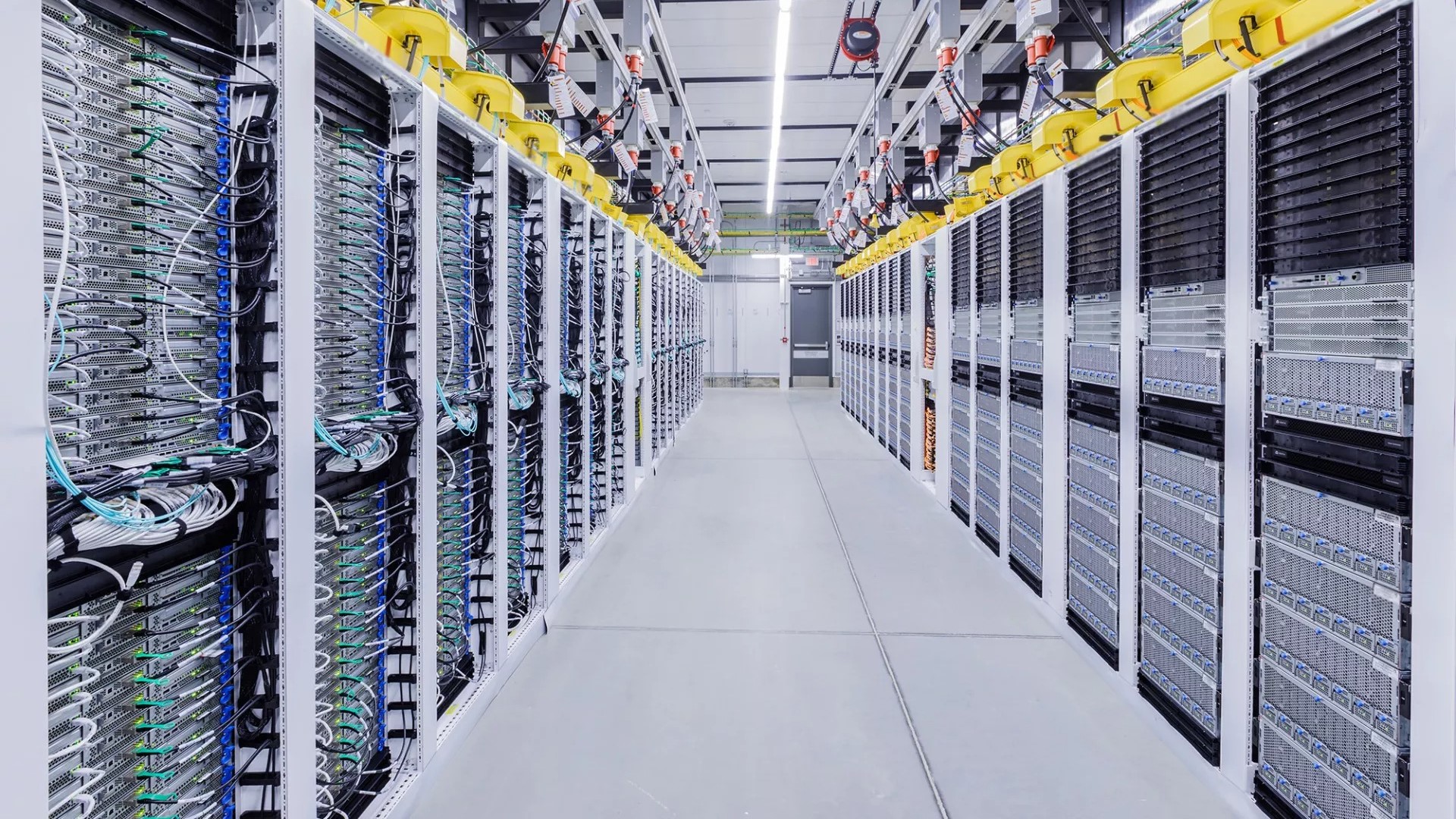Climate change is impacting everything, like it or not. The gradual increase in average summer temperatures is creating an increase in extreme weather events and impacting everything from food availability to energy prices. Microsoft is no stranger to the effects of climate change either, as one of the few companies pledging to offset its entire current and legacy carbon footprint in the decades ahead. However, the advent of Bing Chat and ChatGPT may have thrown a wrench in the works.
Generative AI like Bing Chat and ChatGPT can mimic human text and speech, creating natural language search queries, reports, and summaries. Some are even using the tools to write entire novels, drawing the ire of platforms like Amazon and copyright holders alike. AI such as the above will likely take an increasing role in jobs markets in coming years, despite the fact ChatGPT’s usage and accuracy has been reportedly decreasing in recent months. Google is also a major player in the space, and Apple is reportedly spending millions building its own AI tools as well.
We all know ChatGPT costs around $700,000 dollars per day to run, according to reports, but did you know that every query also uses the equivalent of a bottle of water in cooling? That’s according to a report (via Fortune) due to be published in the coming year from University of California researchers. Microsoft is generally quite transparent about its energy usage, owing to its pledge to annualize reports into its environmental impacts. As such, we now know that its water usage spiked last year by 34% owing to increased demand for cooling in its data centers, which is where tools like Bing Chat and ChatGPT live. Google also reported a 20% increase, which University of California researchers attribute to the growth of generative AI.
For Microsoft, it creates something of a headache. Microsoft has worked hard to build up an image of a climate-conscious corporation, investing in platforms like Climeworks air capture and creating Xbox products from recycled materials. The water consumption from its AI threatens to undo that, potentially.
“We will continue to monitor our emissions, accelerate progress while increasing our use of clean energy to power data centers, purchasing renewable energy, and other efforts to meet our sustainability goals of being carbon negative, water positive and zero waste by 2030,” Microsoft said in a statement to AP.
The statement was in response to reports that Microsoft drew in over 11 million gallons of water for its Iowa data centers, via the West Des Moines Water Works department. Reportedly, that accounts for 6% of all water used in the entire area, which also includes basic drinking water. Iowa’s location and temperate climate means that it is far more efficient than some of Microsoft’s data centers further south, such as those in Arizona, which are likely using orders of magnitude more water to accommodate for the increased temperatures. West Des Moines local authorities said that they will only green light future projects on this scale from Microsoft if they can “implement technology to significantly reduce peak water usage from the current levels,” owing to the need to preserve water supplies for residents.
Analysis: Giving up?

Water scarcity is projected to become a major challenge as we head into the mid 21st century. Climate change and industrial demands for water are already creating friction between nation states — and despite U.S.-led politicization of scientific consensus, the reality is already coming to bear, per hard data and indisputable facts. Science tells us that things will get worse still if certain temperature thresholds are hit, far beyond what we’re already seeing as temperature records are broken, habitats are destroyed, and water scarcity increases.
So, if we’ve collectively given up the fight against rising temperatures to generate value for shareholders and hedge funds, I guess increased water usage at a few Microsoft data centers won’t seem like much of a big deal if the world is literally burning. Individuals can only do so much to curtail their own carbon footprint. It’s on the massive players like Microsoft, alongside nation states, to boost their carbon credentials. But if the emergence of Microsoft’s partnership with ChatGPT and its carbon consumption tells us anything, it’s that climatological concerns are probably secondary, or maybe even tertiary for many of these big corporations. As the demand for fake spam comments on social media, fake reviews for Amazon, and scam emails increase — you have to wonder if the legitimate applications are worth it.
Hail corporate, and all that.




